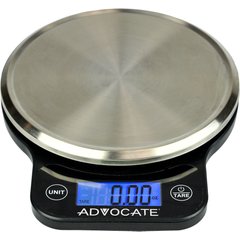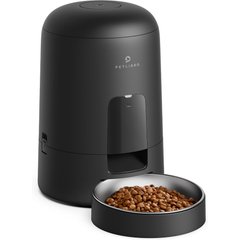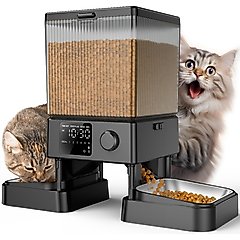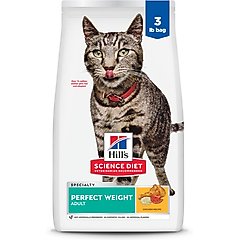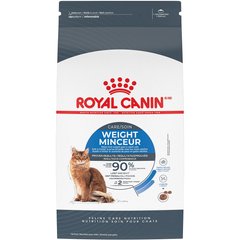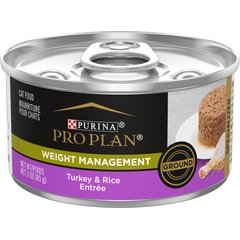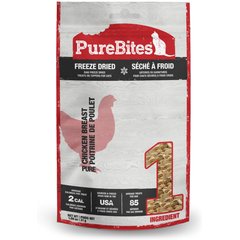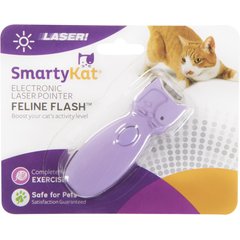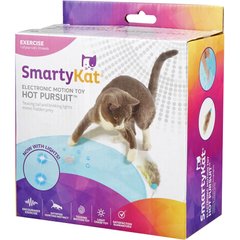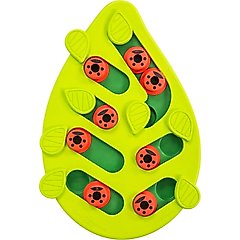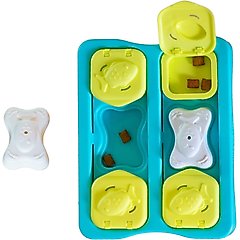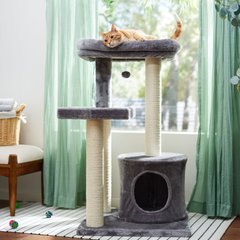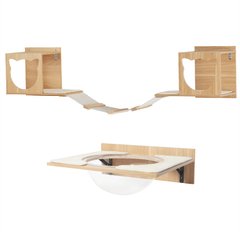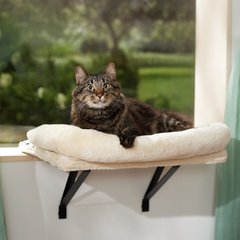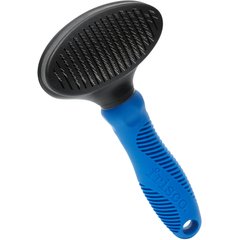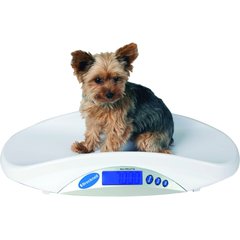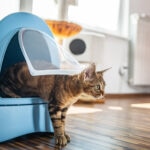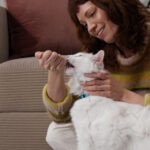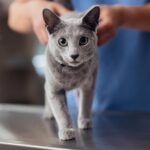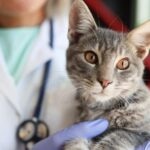Obesity in Cats: Signs, Causes, and How To Help Your Cat Lose Weight
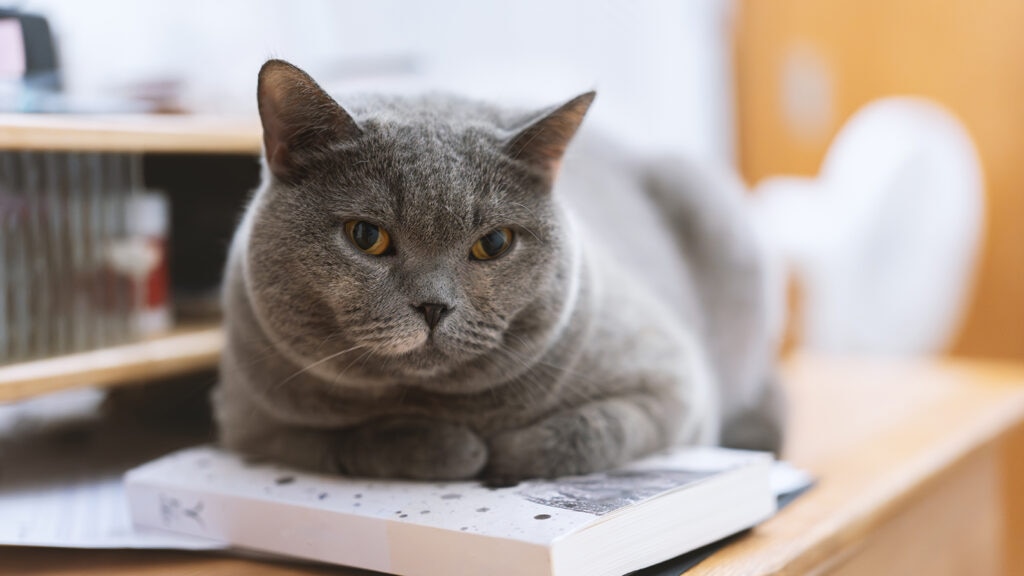
Photo by chuangxin zhou/iStock/Getty Images Plus
A chonky cat might look cute, but extra weight can lead to serious health problems. Obesity is common in cats and often goes unnoticed until it causes issues like diabetes, arthritis, or heart disease.
Learn how to tell if your cat is obese, what causes weight gain, and how to help them lose weight safely.
Key Takeaways
- Obesity in cats is common and can lead to serious health problems like diabetes, arthritis, and heart disease.
- You can check your cat’s weight at home using signs like no visible waist, excess belly fat, or difficulty grooming.
- Causes of feline obesity include overfeeding, lack of exercise, spaying/neutering, and underlying medical issues.
- With your vet’s help, a safe weight-loss plan can include portion control, diet changes, more play, and food puzzles.
What Is an Obese Cat?
A cat is considered overweight if they are 10–19% above their ideal weight. They’re considered obese if they weigh more than 20% over their ideal body weight. For example, if a cat’s ideal weight is 10 pounds, they would be overweight at 11–12 pounds and considered obese at more than 12 pounds.
Obesity is pretty common among cats too: Research suggests that nearly 40% of cats in the U.S.—and up to 63% in other parts of the world, such as New Zealand—are overweight or obese.
Signs of Obesity in Cats
It’s not always easy to tell if a cat is obese. After all, fluffy coats can hide extra pounds. But if you know what to watch for, the signs are there.
Here are some of the most common signs of obesity in cats:
- Ribs are difficult (or impossible) to feel under the fat
- No visible waist when viewed from above
- No visible belly tuck when viewed from the side
- Significant fat over the spine
- Shortness of breath or tiring easily during play
- Reluctance to jump, climb, or move around
- Trouble grooming or reaching certain areas
Cat Obesity Chart
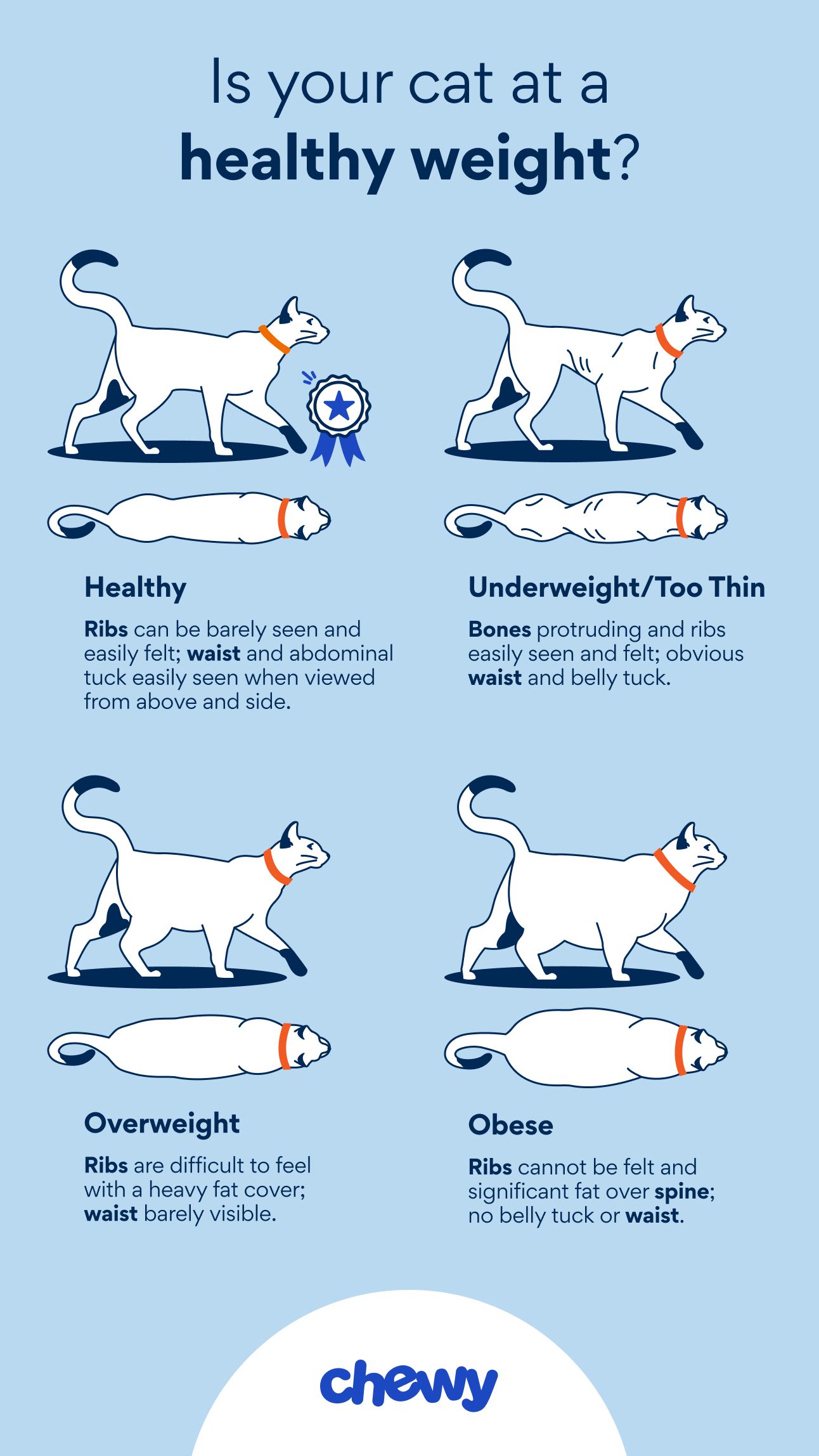
Photo by Chewy
So, what is a healthy cat weight? Because every cat’s “ideal weight” looks a little different, veterinarians often rely on the Body Condition Score (BCS) instead of the scale alone.
The BCS system ranges from 1 to 9, with 1 being dangerously underweight, 5 considered ideal, and 9 severely obese.
You can get a sense of your cat’s score at home by checking for key features:
- Healthy (around 5): You can easily feel the ribs but not see them. The cat has a defined waist from above and a noticeable tummy tuck from the side.
- Overweight (6–7): Ribs are harder to feel, and the waist is barely visible.
- Obese (8–9): Ribs can’t be felt under the fat. There’s significant fat over the spine, and there’s no visible waist or belly tuck.
When in doubt, ask your vet. They can assess your cat’s body condition and recommend their ideal weight.
Causes of Obesity in Cats
Obesity happens when cats take in more calories than they burn. But it usually develops over time due to a mix of habits, health issues, and lifestyle factors.
Common contributors include:
- Overfeeding: Offering too much food often happens when free feeding, giving too many treats, not knowing your cat’s calorie needs, and giving in when your kitty begs for food (even if they’ve already been fed).
- Lack of exercise: Indoor-only cats don’t always get enough physical activity. Without daily play or opportunities to climb and explore, calories can add up faster than they’re burned.
- Spaying and neutering: Some research suggests that cats who have been spayed or neutered may have slightly lower calorie needs, making weight gain more likely if food portions aren’t adjusted.
- Age: Research suggests that cats from 5–11 years old are more prone to weight gain.
- Underlying medical issues: Conditions like hypothyroidism and arthritis can lead to weight gain.
How Veterinarians Treat Obesity in Cats
Your vet will confirm whether your cat is overweight, check for health issues, and create a safe, customized weight-loss plan. This often includes adjusting diet, setting calorie goals, and encouraging more activity. Regular follow-ups help monitor progress and fine-tune the plan.
How Can I Help My Obese Cat Lose Weight at Home?
Your vet will set the plan, but it’s up to you to put it into action at home. Here are some simple ways you can help your cat on their weight-loss journey:
Switch To Measured Meals
Skip free-feeding and measure meals using a measuring cup or digital scale, like the Advocate Universal Digital Household Scale.
Recommended Product
If feeding dry food, consider an automatic feeder with portion control, like the Petlibro Air Automatic Cat Feeder, or if you have two cats, the OneIsAll Stainless Steel Automatic Two Bowl Cat Feeder.
Recommended Products
Stick To Weight-Management Food
If your vet recommends a weight–management food—like Hill’s Science Diet Perfect Weight Management, Royal Canin Feline Weight Care, or Purina Pro Plan Weight Management—feed it exclusively to support fat loss and muscle maintenance.
Recommended Products
Cut Back on Treats
Cat treats—including human foods—should make up no more than 10% of your cat’s daily calories. When you do offer treats, choose less calorie-dense options, like PureBites Freeze-Dried Chicken Treats or Vital Essentials Freeze-Dried Minnows.
Recommended Products
Encourage More Play
Playtime is one of the best ways to help your cat burn calories.
Get your cat moving every day by playing with:
- Wand toys, like the Frisco Fabric Teaser Wand Cat Toy
Recommended Product
Recommended Product
- Battery-powered toys, like the SmartyKat Hot Pursuit Electronic Cat Toy
Recommended Product
Make Them ‘Hunt’ for Food
You can also use puzzle feeders, like the Nina Ottosson by Outward Hound Buggin’ Out Puzzle Toy or the Catstages Kitty Cube Cat Treat Puzzle Toy, to slow down eating and add mental stimulation.
Recommended Products
Create Vertical Space
Cats naturally love to climb, perch, and survey their world from above. Providing them with vertical options, like cat trees, wall-mounted shelves, and window perches encourages these instincts, while helping your cat burn extra calories and build muscle.
Recommended Products
Make Grooming Easier
Obese cats often struggle to clean themselves. Keep pet-safe grooming wipes, like the Pet Parents Pet WiPees Cat Cleaning Wipes, and a cat brush, like the Frisco Self-Cleaning Slicker Cat Brush, handy to help them stay clean as they lose weight.
Recommended Products
How Do I Prevent Obesity in My Cat?
As with any health condition, it’s ideal to prevent obesity before it occurs. Here are some simple steps to keep your kitty at a healthy weight:
- Feed scheduled meals from the start. Feeding kittens at set times instead of free-feeding builds good habits early and makes portion control easier.
- Measure every meal. Use a measuring cup or digital scale to ensure accurate portions and avoid overfeeding.
- Monitor for weight changes. Watch your cat’s shape, feel for their ribs, and weigh them regularly. A pet scale, like the Brecknell MS15 Digital Pet Scale, can help you track changes.
Recommended Product
- Go to the vet yearly. Annual or biannual checkups (for senior cats) help catch weight gain early and keep your cat on track.
- Feed for their life stage. Your vet can help you adjust your cat’s diet as they age or as their nutritional needs evolve.
- Promote daily movement. Play with your cat two to three times a day for about 10–15 minutes to support a healthy weight and keep them mentally stimulated.
FAQs About Obese Cats
What is considered normal cat weight?
There’s no one-size-fits-all “normal” weight—it depends on breed and body frame. Most healthy domestic cats are 8–12 pounds, but your vet can tell you what’s ideal for your individual kitty.
Is 20 pounds too heavy for a cat?
For most cats, 20 pounds is considered obese. Larger breeds, such as Maine Coons, Savannahs, and Ragdolls, can naturally weigh that much, but even in these cats, 20 pounds may still be more than is healthy.
Are obese cats in pain?
They can be. Extra weight puts strain on joints, and can make arthritis and mobility issues worse. Obese cats may also have trouble grooming themselves, which can lead to skin discomfort.
Are obese cats depressed?
Obesity doesn’t directly cause depression, but the reduced mobility, limited play, and health issues that come with excess weight can leave cats less active and less engaged, which may contribute to depression.
Can overweight cats still be healthy?
Some overweight cats may not show obvious health problems right away, but carrying extra pounds increases their risk for serious issues like diabetes, heart disease, and arthritis. The healthiest cats are those kept at an ideal weight.
